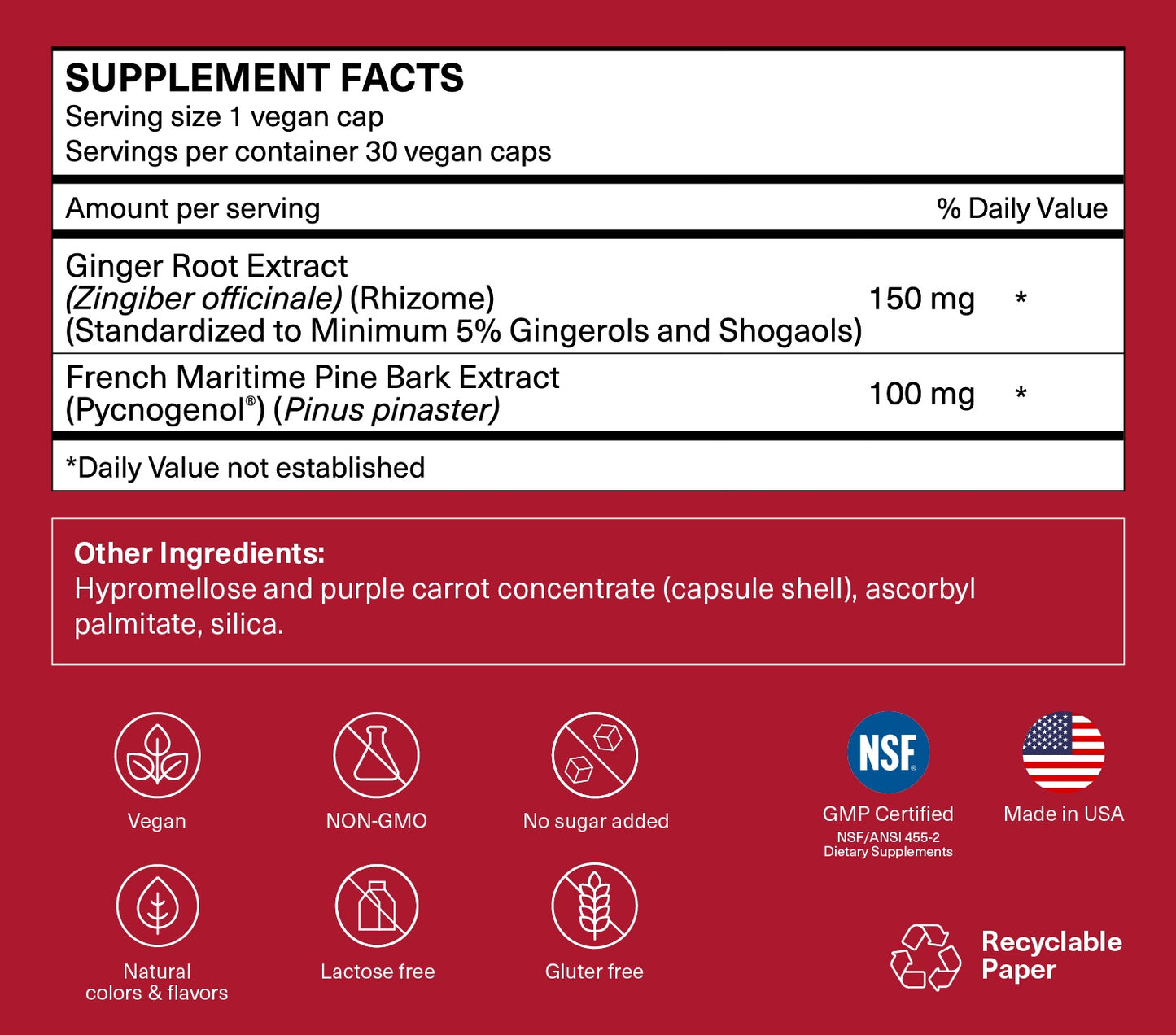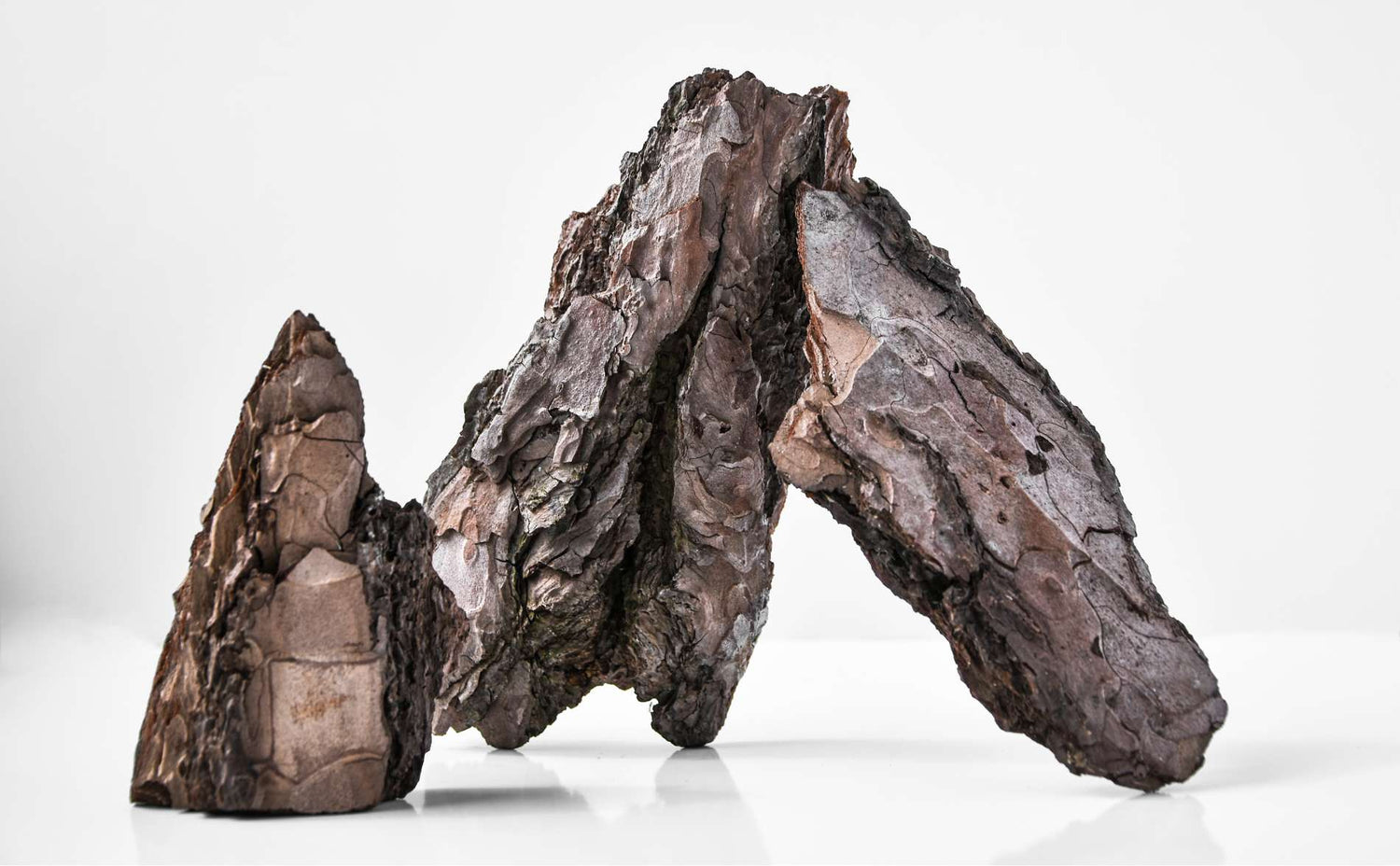







What is French Maritime Pine Bark?
Pine bark bioflavonoids were used by the Native Americans in a tea brewed from the bark of pine trees growing along the Atlantic.
Pine Bark

For centuries, herbalists have recommended plant extracts – from barks, roots, leaves – to treat people’s illnesses. Today, nutritionists and doctors recommend diets rich in fruits and vegetables to prevent the same diseases. The scientific reason for the success of these diets has recently become apparent. Fruits, vegetables and herbs contain bioflavonoids the type of polyphenolic antioxidants also found in French maritime pine bark. While all these bioflavonoids are found in a broad range of fruits, vegetables and teas, French maritime pine bark extracts provide an optimal combination of polyphenols.
French maritime pine bark extract interesting for its antioxidant properties, the most recognized benefit lies in its ability to thin the blood. Swollen ankles and heavy legs are the result of poor venous return to the heart because the valves responsible for expelling blood upwards are deficient. By its capacity to reinforce capillary walls (the finest blood vessels of the body), the bark of the French maritime pine showed its effectiveness to reduce the oedema and the micro-hemorrhages in the legs.
The French explorer Jacques Cartier was introduced to the tea when Native Americans saved most of his crew from death by scurvy during the winter of 1534. More than 400 years later universities began studies on flavonoids. Their search for bioactive flavonoids eventually led them to the bark of the French maritime pine where they found a rich source of a distinct group of highly bioavailable and bioactive flavonoids. Because the bark is grown layer by layer over a period of more than 30 years, there are neither seasonal nor annual variations in the composition of its ingredients, in contrast to other herbal extracts. All constituents of French maritime pine bark are potent scavengers of free radicals.
For centuries, herbalists have recommended plant extracts – from barks, roots, leaves – to treat people’s illnesses. Today, nutritionists and doctors recommend diets rich in fruits and vegetables to prevent the same diseases. The scientific reason for the success of these diets has recently become apparent. Fruits, vegetables and herbs contain bioflavonoids the type of polyphenolic antioxidants also found in French maritime pine bark. While all these bioflavonoids are found in a broad range of fruits, vegetables and teas, French maritime pine bark extracts provide an optimal combination of polyphenols.
French maritime pine bark extract interesting for its antioxidant properties, the most recognized benefit lies in its ability to thin the blood. Swollen ankles and heavy legs are the result of poor venous return to the heart because the valves responsible for expelling blood upwards are deficient. By its capacity to reinforce capillary walls (the finest blood vessels of the body), the bark of the French maritime pine showed its effectiveness to reduce the oedema and the micro-hemorrhages in the legs.









